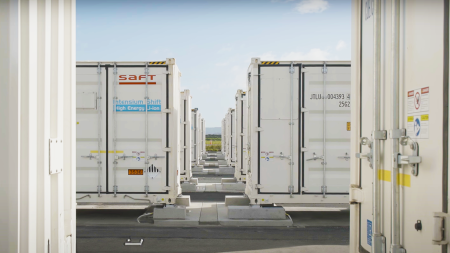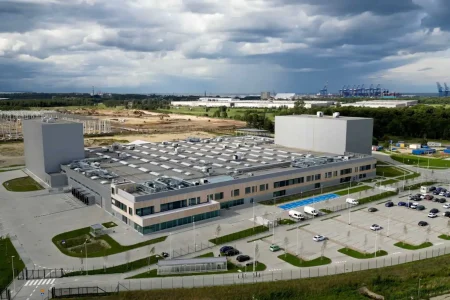Despite record-high fossil fuel production and increased global scrutiny, methane emissions from the oil, gas, and coal sectors remain stubbornly high—exceeding 120 million tonnes annually—according to the International Energy Agency’s (IEA) Global Methane Tracker 2025.
This persistent emissions plateau underscores a critical implementation gap, even as technologies capable of delivering immediate abatement are readily available and cost-effective.
Methane, the second most important greenhouse gas after carbon dioxide, accounts for about 30% of the global temperature rise since pre-industrial times. The fossil fuel sector is responsible for nearly a third of methane emissions tied to human activity. While the IEA’s 2025 update reveals that roughly 70% of these emissions could be eliminated with existing technologies—many with payback periods of less than a year—the gap between policy pledges and actual mitigation remains stark. Only around 5% of global oil and gas output today meets a verifiable near-zero methane standard, despite pledges covering 80% of production.
A key advancement in this year’s Tracker is the inclusion of emissions from abandoned fossil fuel infrastructure. Decommissioned wells and coal mines contributed an estimated 8 million tonnes of methane in 2024—placing them collectively as the fourth-largest fossil methane emitter globally. These emissions are often unmonitored, compounding the difficulty of enforcement and abatement.
The IEA also notes a worrying trend: satellite-detected “super-emitter” leaks from oil and gas infrastructure hit a record high in 2024. While this surge partly reflects improved monitoring—enabled by over 25 satellites now capable of tracking methane emissions—it also exposes widespread operational negligence. The Tracker identifies vast disparities in emissions intensity across producers, with some operators performing 100 times better than others. Bridging this divide hinges less on new innovation and more on enforcing basic best practices.
In terms of opportunity cost, the failure to capture fugitive methane is staggering. Methane abatement in 2024 could have added 100 billion cubic metres of natural gas to global supply—equivalent to the entire annual gas export of Norway. In addition, 150 billion cubic metres are lost each year to flaring, much of which is routine and avoidable.
Although the IEA’s updated open-access model offers policymakers and industry a clear path to act, political and financial inertia persists. Many abatement measures remain unimplemented despite their low cost and high return. Without binding standards and rigorous enforcement, voluntary commitments will likely continue to underdeliver.
Ultimately, methane control represents one of the most cost-effective tools to curb short-term global warming. If fully leveraged, available mitigation measures in the fossil fuel sector alone could prevent approximately 0.1 °C of warming by 2050—on par with eliminating all current carbon dioxide emissions from heavy industry. Yet that climate dividend remains unrealized while emissions, and oil and gas production, both trend upwards.
Stay updated on the latest in energy! Follow us on LinkedIn, Facebook, and X for real-time news and insights. Don’t miss out on exclusive interviews and webinars—subscribe to our YouTube channel today! Join our community and be part of the conversation shaping the future of energy.








